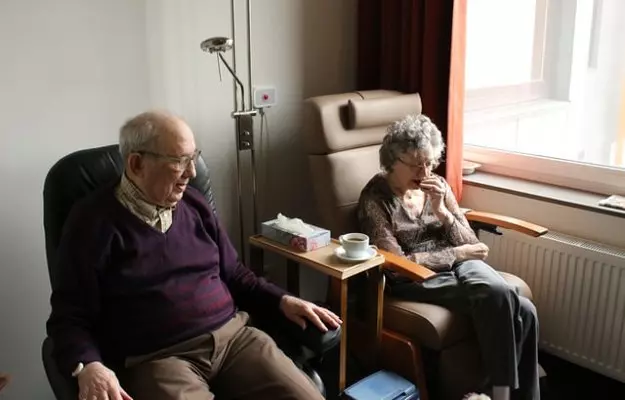Injuries in the elderly are a common phenomenon, and the chief cause behind senior citizens suffering them are from falling. While a fall in a younger adult may not be that much of a concern, it can be dangerous and lead to severe problems, leaving older adults incapacitated for a long duration.
The natural process of ageing also contributes to older adults not being able to recover from such falls as bone, muscle and tissue do not repair as well, lowering the overall life expectancy as well as the quality of life.
The prevalence of falls among senior citizens is rather high around the world. A study published in the Indian Journal of Public Health in 2019 looking at these very phenomena in more than 2,000 people over the age of 60 years had a prevalence of nearly 25% due to various reasons.
A recent study published in the New England Journal of Medicine in July 2020 also reported a rate of 25.6 events per 100 person-years in the intervention group and a higher incidence of 28.6 events per 100 person-years in the control group. The study also found a similar rate of hospitalisation or death in both groups.
According to the Centers for Disease Control and Prevention (CDC) of the United States, more than one out of four people suffer from falls each year, which is in line with the Indian study as well. Another alarming statistic about the findings is that nearly half of those people do not inform their doctors about the fall.
Falling can occur due to various reasons, and any senior citizen who may have experienced a fall before has a higher likelihood of falling again, increasing the risk of severe injury.
































